Find Help
More Items From Ergsy search
-
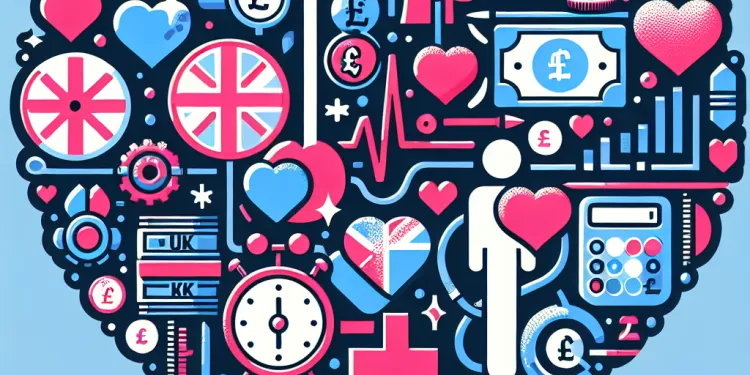
What are the signs that my relationship is making me depressed?
Relevance: 100%
-
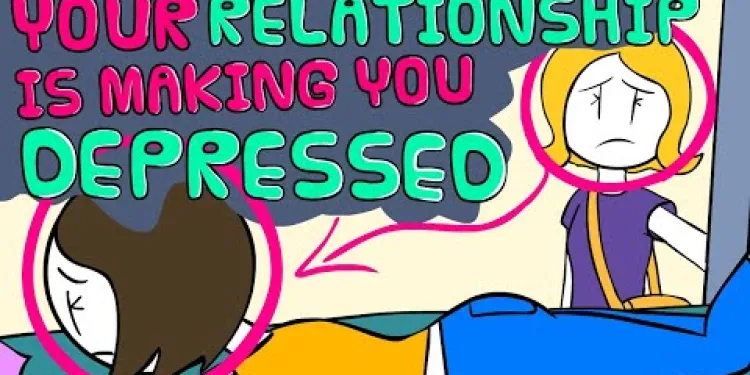
7 Signs Your Relationship is Making You Depressed
Relevance: 94%
-
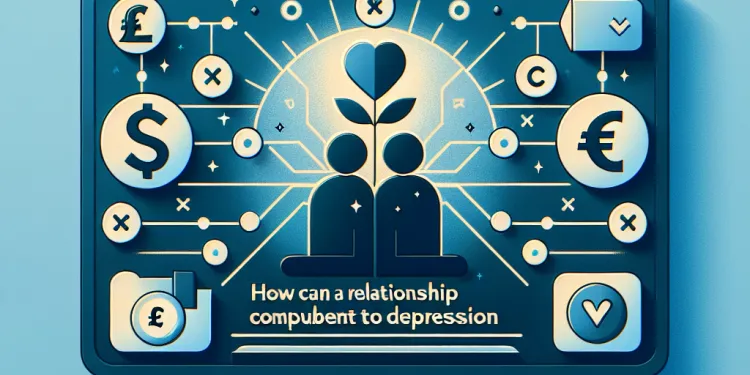
How can a relationship contribute to depression?
Relevance: 80%
-
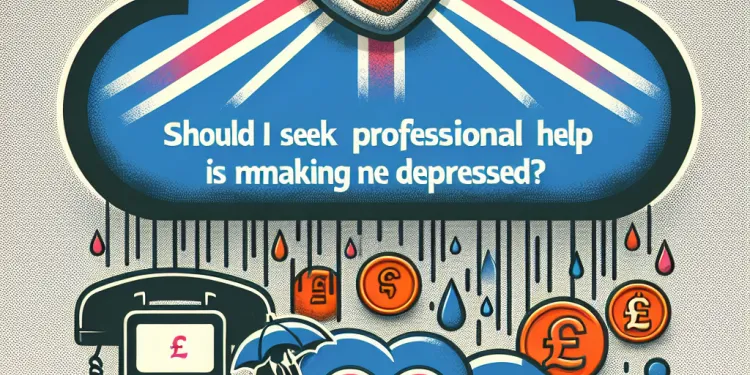
Should I seek professional help if my relationship is making me depressed?
Relevance: 54%
-

Can physical symptoms be linked to relationship-induced depression?
Relevance: 53%
-

Are there any self-care strategies to cope with relationship-induced depression?
Relevance: 51%
-

Is it possible to feel trapped in a relationship?
Relevance: 50%
-
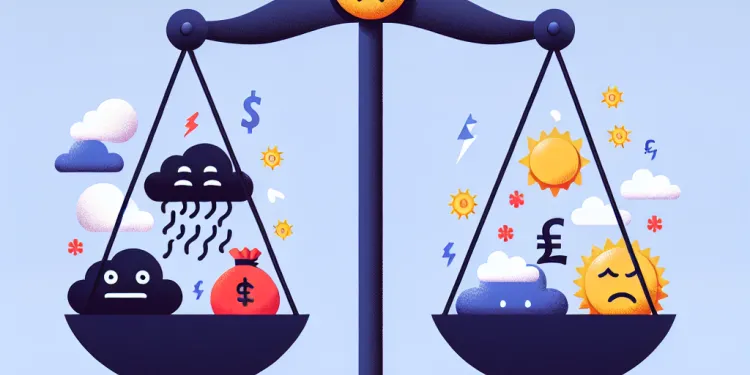
What role do unhealthy dynamics play in causing depression?
Relevance: 50%
-

Is it better to stay in a relationship for the sake of not being alone?
Relevance: 50%
-

What causes postnatal depression?
Relevance: 48%
-
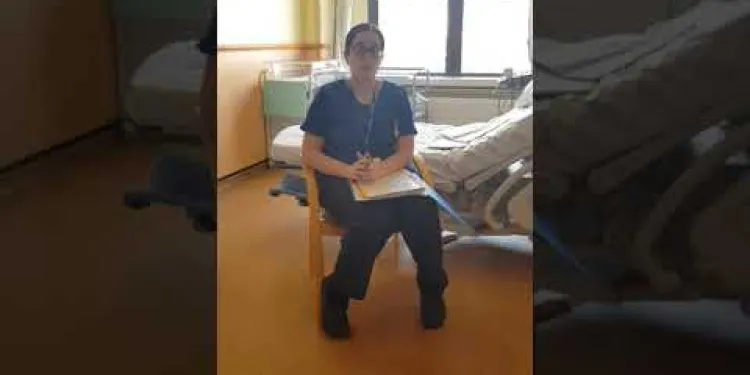
Postnatal Depression
Relevance: 48%
-

Can fathers experience postnatal depression?
Relevance: 47%
-
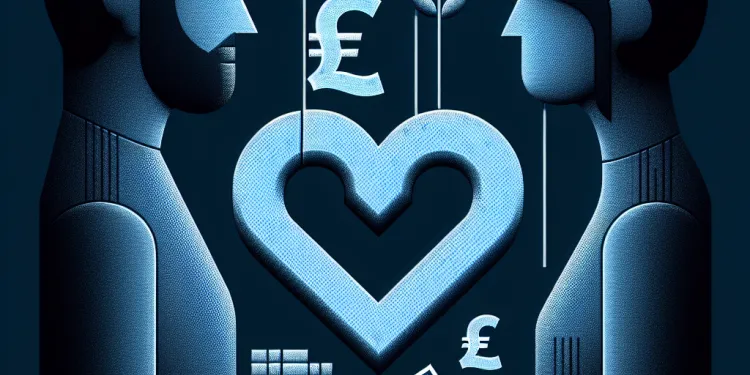
Can ending a toxic relationship improve my mental health?
Relevance: 47%
-
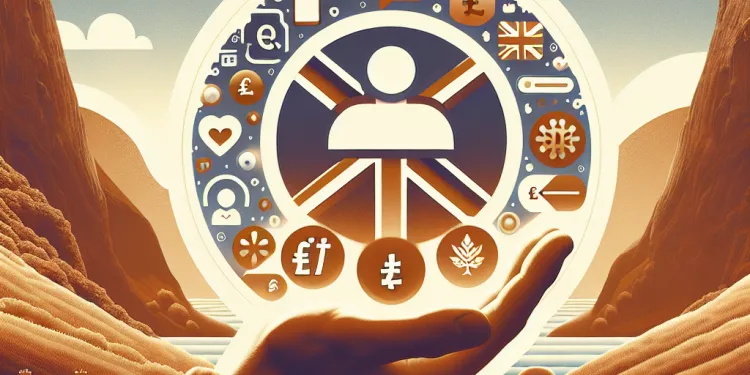
What should I do if my partner dismisses my feelings of depression?
Relevance: 46%
-
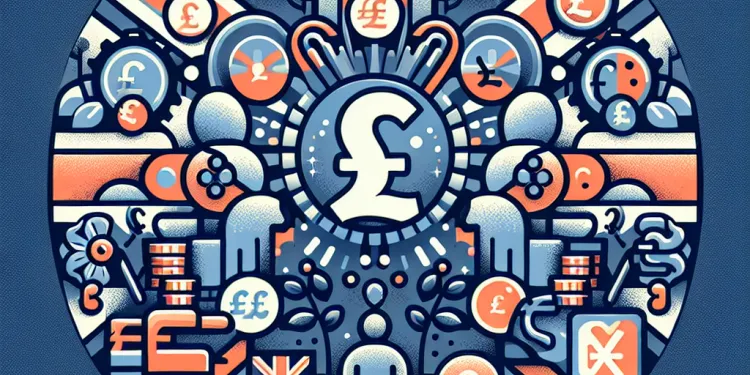
Can relationship problems be resolved to improve mental health?
Relevance: 46%
-
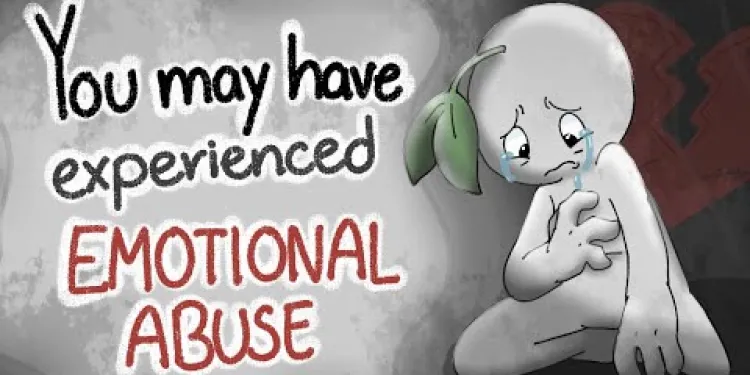
6 Signs of Emotional Abuse and Neglect
Relevance: 45%
-

What are the symptoms of postnatal depression?
Relevance: 45%
-
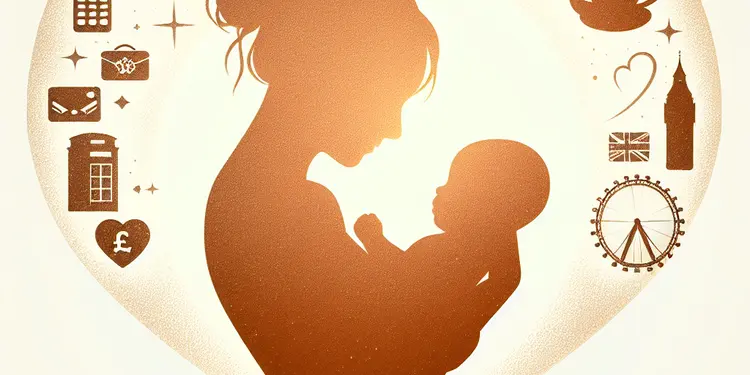
How does postnatal depression affect bonding with the baby?
Relevance: 44%
-
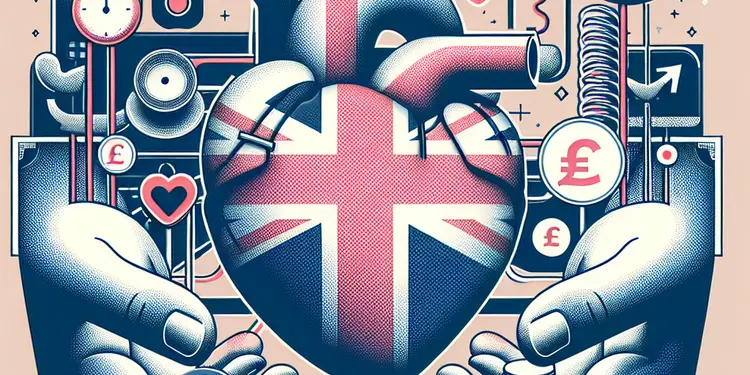
Can health-related anxiety affect relationships?
Relevance: 43%
-

Postnatal Depression - Leanne's Story
Relevance: 42%
-

Is postnatal depression a long-term condition?
Relevance: 41%
-

Treating anxiety and depression - www.slam.nhs.uk
Relevance: 41%
-
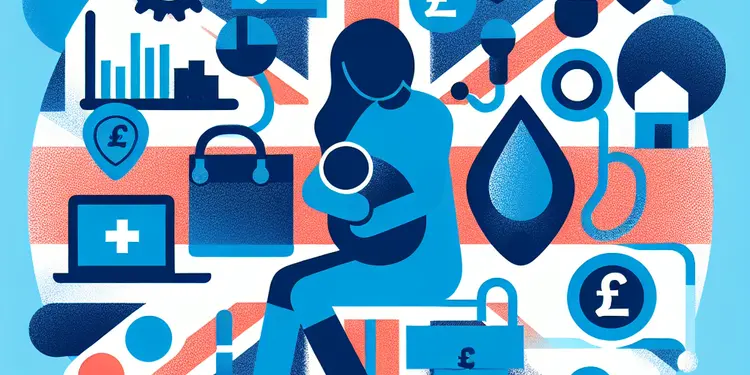
How is postnatal depression diagnosed?
Relevance: 40%
-

Clinical depression: Lawrence's story | NHS
Relevance: 40%
-
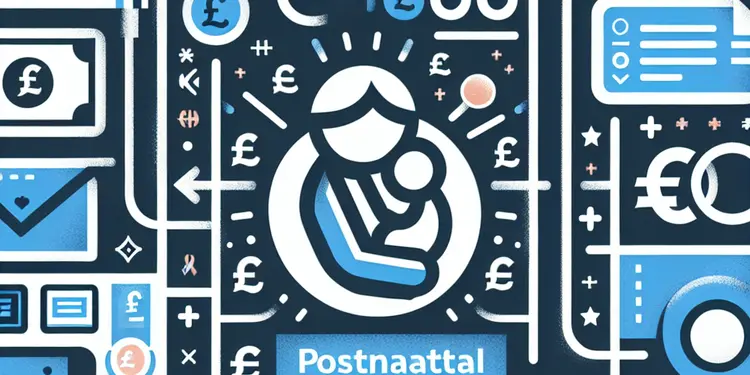
Is postnatal depression preventable?
Relevance: 40%
-

What are the benefits of relationship counselling?
Relevance: 40%
-
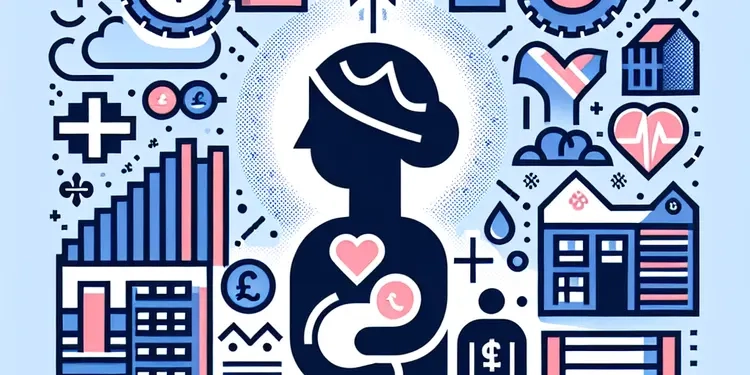
What is postnatal depression?
Relevance: 39%
-

Can postnatal depression affect subsequent pregnancies?
Relevance: 39%
-

Should someone with postnatal depression seek professional help?
Relevance: 38%
-

Is it normal to feel sad in a relationship sometimes?
Relevance: 38%
-
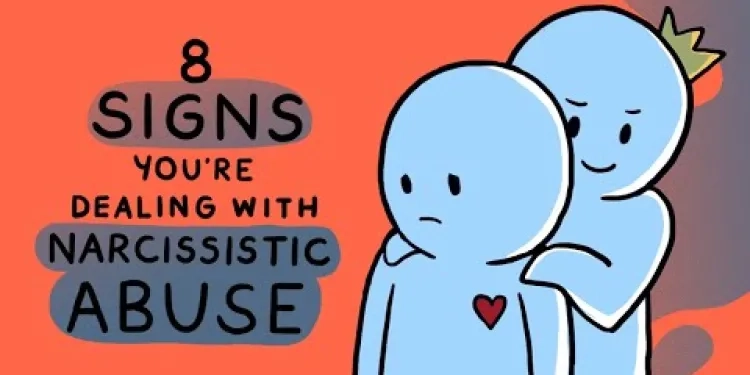
8 Signs You Are Dealing with Narcissistic Abuse
Relevance: 38%
-
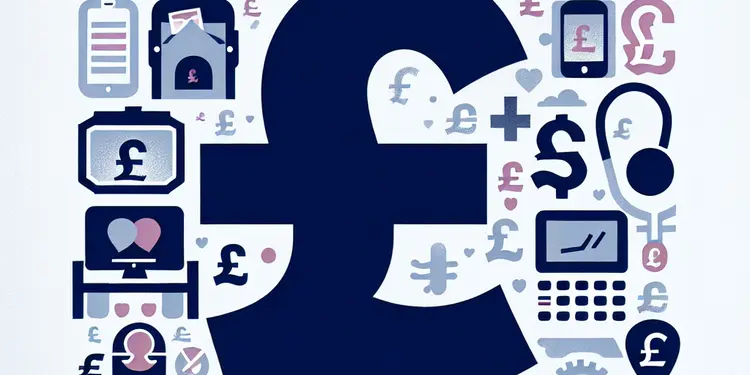
What should I do if I suspect I have postnatal depression?
Relevance: 38%
-
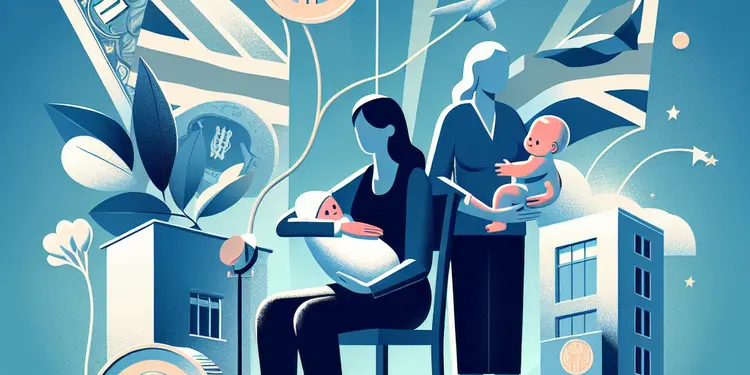
Can postnatal depression recur after treatment?
Relevance: 38%
-
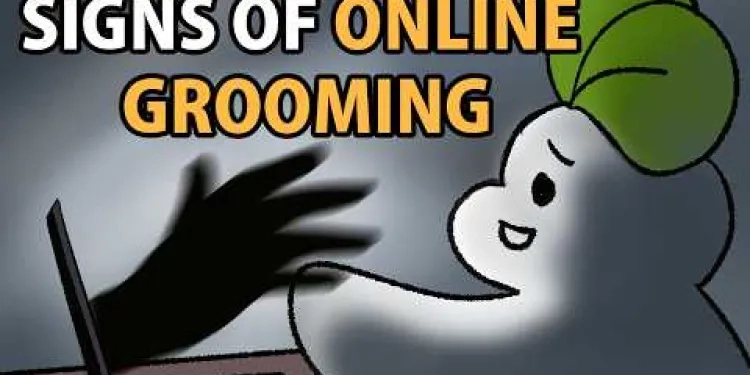
5 Warning Signs of Online Grooming
Relevance: 37%
-
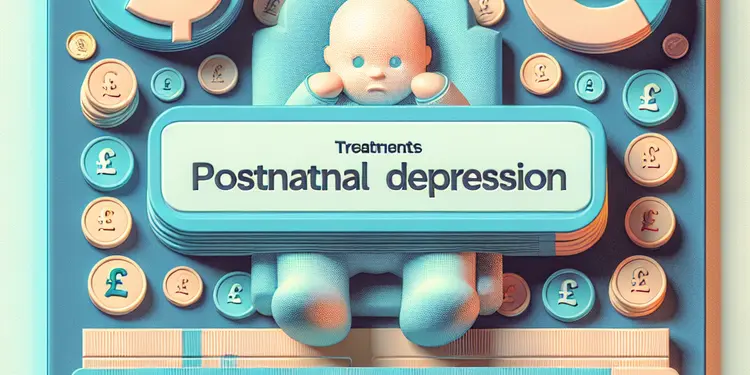
Are there treatments available for postnatal depression?
Relevance: 37%
-
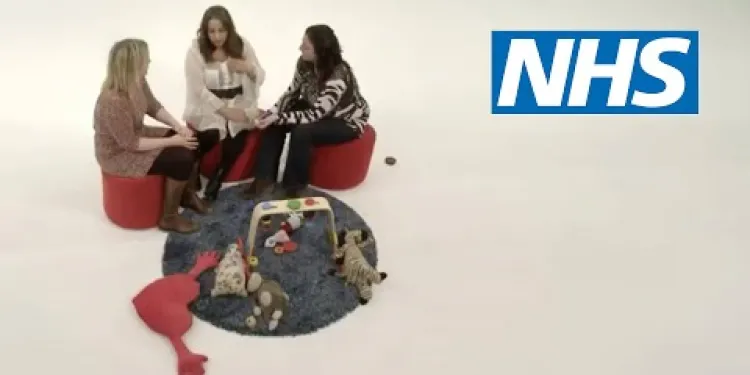
How do I know if I have postnatal depression? | NHS
Relevance: 37%
-
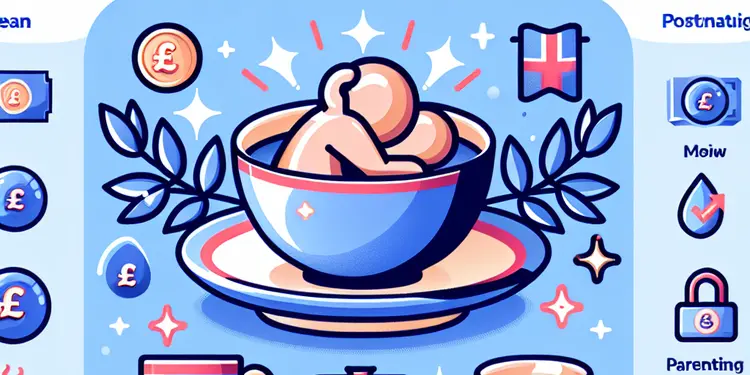
Are there support groups for postnatal depression?
Relevance: 36%
-

How can I rebuild my self-esteem in a challenging relationship?
Relevance: 36%
-
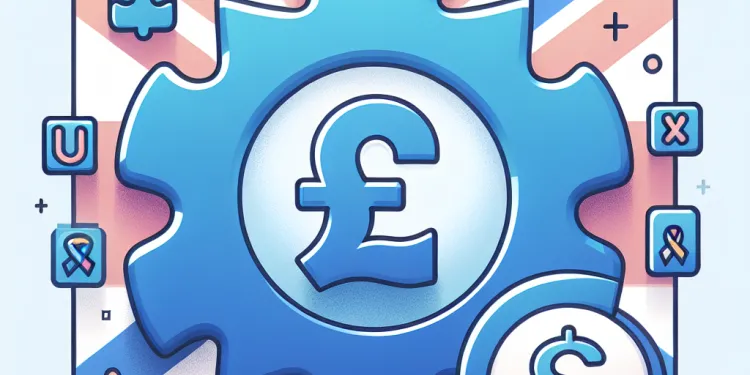
What are the signs of autism?
Relevance: 36%
-
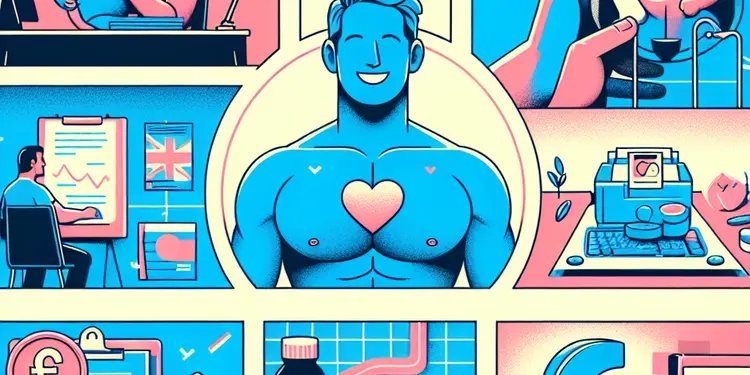
Is medication necessary for treating postnatal depression?
Relevance: 35%
7 Signs Your Relationship is Making You Depressed
1. Constant Feelings of Sadness
If you find yourself persistently feeling sad, even when you're with your partner, this could be a sign that your relationship is contributing to your depression. It's important to differentiate between occasional sadness and a perpetual sense of misery that is affecting your daily life.
2. Lack of Interest in Activities
When your relationship is a source of stress rather than joy, you might lose interest in activities you once loved. If you're finding it hard to engage in your hobbies or socialise with friends because of relationship-related issues, it may be time to reassess your situation.
3. Feeling Isolated
Healthy relationships encourage a sense of belonging and support. If your partner is isolating you from friends and family or you feel increasingly lonely, even when you’re together, this is a red flag that your relationship is negatively impacting your mental health.
4. Low Self-Esteem
Does your partner frequently criticise you or make you feel bad about yourself? Over time, such behaviour can erode your self-esteem and contribute to feelings of worthlessness and depression. Your partner should uplift, not belittle you.
5. Anxiety and Worry
It's natural to worry about your relationship from time to time, but constant anxiety about your partner's behaviour, fidelity, or the future of the relationship is not healthy. Chronic stress can take a toll on your mental and physical health.
6. Physical Symptoms
Depression doesn't just affect your emotions; it can also manifest physically. If you're experiencing unexplained aches, fatigue, or changes in appetite or sleep patterns, and there's a clear link to your relationship stress, it's a serious sign that something is wrong.
7. Loss of Identity
A relationship should support your growth and development as an individual. If you feel like you've lost yourself, constantly compromise your values, or put your partner's needs far above your own, this imbalance can lead to depression.
Recognising these signs is the first step towards taking action. It's crucial to communicate with your partner, seek support from friends, family, or a mental health professional, and prioritise your well-being. Remember, a healthy relationship should bring happiness and enrichment, not despair.
7 Signs Your Relationship is Making You Sad
1. Always Feeling Sad
Do you feel sad a lot, even when you are with your partner? If you feel sad all the time and it's hard to be happy, your relationship might be making you feel this way. It's okay to feel sad sometimes, but not all the time.
2. Not Liking Your Hobbies
If your relationship makes you feel bad instead of happy, you might not want to do your favorite things. If you don't feel like playing, doing hobbies, or seeing friends because of your relationship, think about why.
3. Feeling Alone
Good relationships make you feel loved and included. If your partner stops you from seeing friends or family, or you feel lonely even when together, this is not good. It can make you feel sad.
4. Feeling Bad About Yourself
Does your partner say mean things or make you feel bad? This can hurt how you see yourself and make you feel sad. Your partner should make you feel good, not bad.
5. Worrying All the Time
It's normal to worry sometimes. But if you worry a lot about your partner or your relationship, this is not healthy. Too much worry can make you feel really bad.
6. Feeling Sick or Tired
Being sad can also make your body feel bad. If you feel tired, have aches, or can't eat or sleep because of your relationship, this is a big problem.
7. Losing Yourself
A good relationship helps you be yourself. If you feel like you have to change who you are or always do only what your partner wants, this is not healthy.
Seeing these signs is the first step to feeling better. Talk to your partner and tell them how you feel. You can also ask friends, family, or a counselor for help. Remember, a happy relationship should make you feel good, not sad.
Frequently Asked Questions
What are the signs that my relationship is making me depressed?
Common signs include feeling constantly unhappy, anxious, or hopeless, losing interest in activities you once enjoyed, experiencing changes in appetite or sleep patterns, feeling exhausted all the time, pulling away from friends and family, having low self-esteem, and struggling to find joy in the relationship.
How can a relationship contribute to depression?
A relationship can contribute to depression if it's characterized by constant conflict, lack of support, emotional abuse, or neglect. These negative interactions can erode your mental health over time.
Is it normal to feel sad in a relationship sometimes?
Yes, it's normal to experience occasional sadness in any relationship. However, if sadness is persistent and impacts your daily functioning, it could be a sign of a deeper issue.
Can relationship problems be resolved to improve mental health?
Yes, many relationship problems can be resolved through open communication, counselling, and a willingness to work on issues together. Addressing these problems can significantly improve your mental health.
Should I seek professional help if my relationship is making me depressed?
Yes, seeking professional help can provide support and strategies to cope with relationship-induced depression. A therapist can help you navigate your feelings and offer guidance on whether to improve or leave the relationship.
How do I talk to my partner about how I’m feeling?
Choose a calm moment to talk and use 'I' statements to express your feelings without blaming your partner. For example, 'I feel really down lately and I think our relationship might be part of the reason.'
Is it better to stay in a relationship for the sake of not being alone?
Staying in a relationship solely to avoid loneliness can be detrimental to your mental health. It's important to prioritize your well-being and consider leaving if the relationship is consistently making you unhappy.
What should I do if my partner dismisses my feelings of depression?
If your partner dismisses your feelings, it's important to reiterate how serious this is for you. If they continue to be unsupportive, consider seeking support from friends, family, or a mental health professional.
Can physical symptoms be linked to relationship-induced depression?
Yes, physical symptoms such as headaches, stomach issues, and fatigue can be linked to depression caused by relationship stress.
Are there any self-care strategies to cope with relationship-induced depression?
Self-care strategies include setting boundaries, engaging in activities that bring you joy, maintaining a support network, getting regular exercise, and practising mindfulness or meditation.
Is it possible to feel trapped in a relationship?
Yes, feeling trapped in a relationship is a common experience, especially if you feel dependent on your partner or fear the consequences of leaving.
How can I rebuild my self-esteem in a challenging relationship?
Rebuild your self-esteem by engaging in activities that make you feel confident, setting small personal goals, seeking support from friends and family, and considering professional therapy.
What role do unhealthy dynamics play in causing depression?
Unhealthy dynamics such as constant criticism, lack of affection, control, and manipulation can lead to feelings of worthlessness, stress, and depression.
Can ending a toxic relationship improve my mental health?
Yes, ending a toxic relationship can lead to a significant improvement in mental health. After the initial adjustment period, many people find increased happiness and relief.
What are the benefits of relationship counselling?
Relationship counselling can help improve communication, resolve conflicts, and develop a deeper understanding between partners. It provides a safe space to express feelings and work on relationship issues.
How can I tell if my relationship is making me sad?
Here are some signs:
- You feel sad a lot of the time.
- You feel tired, even if you sleep enough.
- You do not enjoy things you used to like.
- You feel like crying often.
- You have a hard time making decisions.
If you notice these signs, try talking to someone you trust. It can help to share your feelings.
Here are some things that might help:
- Write down how you feel in a notebook.
- Talk to a friend or family member.
- Take deep breaths when you feel upset.
- Do something you enjoy, like drawing or listening to music.
Common signs are feeling sad, worried, or hopeless a lot, not liking activities you used to enjoy, eating or sleeping differently, always feeling tired, staying away from friends and family, feeling bad about yourself, and not feeling happy in the relationship.
How can a relationship make someone feel sad?
Relationships can sometimes make people feel sad and upset. Here are some reasons why: - **Arguments:** Fighting a lot can be hurtful. - **Not feeling loved:** Sometimes, people might not feel cared for or important. - **Feeling alone:** Being with someone but still feeling lonely can be hard. - **Mean words:** If someone says unkind things, it can hurt feelings. If a relationship is making you feel sad, you can try talking to a trusted adult or using a feelings chart to express how you feel.A relationship can make you feel sad if there are a lot of fights, if you don't feel supported, or if you are treated badly. These bad things can hurt your feelings and mind over time.
- Talk to someone you trust.
- Write about how you feel in a journal.
- Use calm breathing to help you relax.
Is it okay to feel sad in a relationship sometimes?
Yes, it is okay to feel sad sometimes when you are in a relationship. Everyone has feelings. All feelings are important. If you feel sad, talk to someone you trust. They can help you understand your feelings. You can also write down your feelings or draw pictures to show how you feel.
It is okay to feel sad sometimes in a relationship. But if you feel sad all the time and it makes it hard for you to do things every day, there might be something else going on.
Can fixing relationship problems help us feel better?
Sometimes, people have problems with friends or family. Fixing these problems can make us feel happier and less stressed.
Here are some ways to help fix problems:
- Talk and listen to each other.
- Say sorry if you hurt someone.
- Ask someone you trust, like a teacher or counselor, for advice.
Playing games, drawing, or writing can help us think and talk about our feelings.
Yes, many problems in relationships can be fixed. You can talk openly, get help from a counselor, and be ready to work on the problems together. Solving these problems can make you feel much better mentally.
Do I need to get help if my relationship is making me sad?
If your relationship is making you feel sad a lot, it’s important to think about getting help. Talking to a doctor or a counselor can help you feel better.
Here are some things you can do:
- Write down your feelings in a notebook. This can help you understand how you feel.
- Talk to someone you trust, like a friend or family member. They can listen and help you.
- Try breathing exercises or short walks to feel calmer.
Remember, it’s okay to ask for help when you need it.
Yes, getting help from a professional can be really useful. They can give you support and ideas to feel better if your relationship is making you sad. A therapist can talk with you about your feelings. They can help you decide if you should work on the relationship or think about leaving it.
How can I tell my partner how I feel?
Do you want to talk to your partner about your feelings? Here is how you can do it:
- Find a quiet time. Choose a time when you both are not busy.
- Be honest. Tell your partner how you feel.
- Use "I" statements. Start sentences with "I feel..."
- Listen. Let your partner talk too.
- Be kind. Use a calm voice.
If talking is hard, try these things:
- Write a letter or use pictures.
- Practice with a friend first.
- Use feelings charts to help show emotions.
Pick a quiet time to talk. Use 'I' words to say how you feel. Do not blame your partner. For example, you could say, 'I feel sad lately and think it might be because of our relationship.'
Should you stay with someone just so you're not alone?
Being alone can feel scary, but staying with someone just because of that might not make you happy. Here are some ideas to help:
- Talk to Someone: Share your feelings with a friend or someone you trust.
- Think About What You Want: Write down what makes you happy in a relationship.
- Do Fun Activities: Spend time doing things you enjoy. This can make you feel better.
- Support Apps: Apps like Calm or Headspace can help you relax and think clearly.
Staying in a relationship just because you don't want to be lonely can be bad for your mental health. It is important to take care of yourself and think about leaving if the relationship is always making you feel unhappy.
What can I do if my partner doesn't listen to my feelings of sadness?
Feeling sad can be hard. If your partner doesn't listen, here are some things you can try:
- Talk to Someone: Find a friend or family member to talk to. They can help you feel better.
- Write it Down: Write about how you feel in a notebook. This can help you understand your feelings.
- Use Art or Music: Draw a picture or listen to music you like. This can make you feel calm.
- Find a Support Group: Join a group where people talk about their feelings. You can meet others who understand.
- Ask for Professional Help: Talk to a counselor or therapist. They are trained to help you feel better.
Remember, it's okay to feel sad, and there are people who can help you feel better.
If your partner doesn't listen to your feelings, tell them again how important it is to you. If they still don’t support you, talk to friends, family, or a counselor who can help you.
Can feeling sad in a relationship make your body feel bad?
Sometimes, feeling very sad because of problems in a relationship can also make the body hurt or feel tired. Talk to a friend or an adult you trust about your feelings. They can help you feel better. Writing or drawing your feelings can also be helpful. If you feel very sad, seeing a doctor might be a good idea.
Yes, when you feel very sad because of problems with friends or family, it can make your body feel bad too. You might get headaches, tummy aches, or feel really tired.
If you have trouble reading, try asking someone to read with you. You can also look for pictures or videos about the topic to help you understand better.
Can I help myself if a relationship makes me feel sad?
Take care of yourself by doing things like setting rules with others, doing things that make you happy, staying connected with friends and family, doing exercise often, and trying to be calm and focused with mindfulness or meditation.
Can you feel stuck in a relationship?
Sometimes, people can feel stuck in a relationship. This means they feel like they can't leave or change things. It's important to talk to someone if you feel this way. Try talking to a friend, family member, or a counselor.
Tools that can help:
- Talk about feelings: Share how you feel with someone you trust.
- Draw or write: Use paper to draw or write about your feelings. This can help you understand them better.
- Breathe deeply: Take deep breaths to help relax and think clearly.
Sometimes, people feel stuck in a relationship. This happens a lot. You might feel this way if you depend on your partner or are scared of what might happen if you leave.
Here are some things that might help you:
- Talk to a friend or family member. They can listen and support you.
- Write down your feelings in a journal. This can help you understand them better.
- Think about what makes you happy and what you want.
- Talk to a counselor. They can give you advice and help.
How can I feel good about myself in a tricky relationship?
Feeling good about yourself is important. Here are some ways to help:
- Talk to someone: Find a friend or family member you trust. Share your feelings with them.
- Write it down: Keep a diary. Write about your day and your feelings.
- Do things you enjoy: Spend time on hobbies or fun activities that make you happy.
- Practice self-talk: Say nice things to yourself. Remind yourself that you are special.
- Get support: Ask for help if you need it. Talking to a counselor can be helpful.
Remember, it's okay to ask for help and take care of yourself.
Build your self-esteem by doing things that make you feel good. Set small goals for yourself. Ask for help from friends and family. Talking to a therapist can also help.
How can bad relationships make us feel sad?
Bad relationships can make us feel upset or sad. It's important to talk about our feelings and ask for help if we need it.
Here are some things that can help:
- Tell a trusted adult about how you feel.
- Write down your thoughts in a journal.
- Spend time with friends who make you feel good.
Some things in a relationship can be bad. When someone is always saying mean things, it can make you feel sad and not good enough. If there is no love or if someone tries to control you, it can make you feel stressed and unhappy.
Will leaving a bad friendship or relationship help me feel better?
Being around someone who makes you feel unhappy or stressed is not good. If you end a friendship or relationship that is hurtful, it can help you feel happier and more at peace.
Here are some tips to help you:
- Talk to a trusted person about your feelings.
- Write in a diary about what you feel. It can help you understand things better.
- Take deep breaths to calm down if you feel worried.
- Do fun activities that make you feel good.
Yes, leaving a bad relationship can help you feel much better in your mind. It might feel a bit strange at first, but soon many people feel happier and more relaxed.
How can relationship counselling help you?
Relationship counselling is when you talk to someone who helps people with their relationships. Here are some ways it can help you:
- Share your feelings: You can talk about how you feel.
- Listen better: Learn how to understand what others are saying.
- Fix problems: Find ways to solve misunderstandings or arguments.
- Feel closer: Become more connected with the people you care about.
If you find reading hard, you can ask someone to read this for you or use a tool that reads text out loud. Talking about how you feel with someone you trust can also help.
Relationship counselling can help people talk better, solve problems, and understand each other more. It is a safe place to share feelings and work on relationship issues.
Useful Links
Have you found an error, or do you have a link or some information you would like to share? Please let us know using the form below.
-->
This website offers general information and is not a substitute for professional advice.
Always seek guidance from qualified professionals.
If you have any medical concerns or need urgent help, contact a healthcare professional or emergency services immediately.
Some of this content was generated with AI assistance. We’ve done our best to keep it accurate, helpful, and human-friendly.
- Ergsy carfully checks the information in the videos we provide here.
- Videos shown by Youtube after a video has completed, have NOT been reviewed by ERGSY.
- To view, click the arrow in centre of video.
- Most of the videos you find here will have subtitles and/or closed captions available.
- You may need to turn these on, and choose your preferred language.
- Go to the video you'd like to watch.
- If closed captions (CC) are available, settings will be visible on the bottom right of the video player.
- To turn on Captions, click settings .
- To turn off Captions, click settings again.
More Items From Ergsy search
-

What are the signs that my relationship is making me depressed?
Relevance: 100%
-

7 Signs Your Relationship is Making You Depressed
Relevance: 94%
-

How can a relationship contribute to depression?
Relevance: 80%
-

Should I seek professional help if my relationship is making me depressed?
Relevance: 54%
-

Can physical symptoms be linked to relationship-induced depression?
Relevance: 53%
-

Are there any self-care strategies to cope with relationship-induced depression?
Relevance: 51%
-

Is it possible to feel trapped in a relationship?
Relevance: 50%
-

What role do unhealthy dynamics play in causing depression?
Relevance: 50%
-

Is it better to stay in a relationship for the sake of not being alone?
Relevance: 50%
-

What causes postnatal depression?
Relevance: 48%
-

Postnatal Depression
Relevance: 48%
-

Can fathers experience postnatal depression?
Relevance: 47%
-

Can ending a toxic relationship improve my mental health?
Relevance: 47%
-

What should I do if my partner dismisses my feelings of depression?
Relevance: 46%
-

Can relationship problems be resolved to improve mental health?
Relevance: 46%
-

6 Signs of Emotional Abuse and Neglect
Relevance: 45%
-

What are the symptoms of postnatal depression?
Relevance: 45%
-

How does postnatal depression affect bonding with the baby?
Relevance: 44%
-

Can health-related anxiety affect relationships?
Relevance: 43%
-

Postnatal Depression - Leanne's Story
Relevance: 42%
-

Is postnatal depression a long-term condition?
Relevance: 41%
-

Treating anxiety and depression - www.slam.nhs.uk
Relevance: 41%
-

How is postnatal depression diagnosed?
Relevance: 40%
-

Clinical depression: Lawrence's story | NHS
Relevance: 40%
-

Is postnatal depression preventable?
Relevance: 40%
-

What are the benefits of relationship counselling?
Relevance: 40%
-

What is postnatal depression?
Relevance: 39%
-

Can postnatal depression affect subsequent pregnancies?
Relevance: 39%
-

Should someone with postnatal depression seek professional help?
Relevance: 38%
-

Is it normal to feel sad in a relationship sometimes?
Relevance: 38%
-

8 Signs You Are Dealing with Narcissistic Abuse
Relevance: 38%
-

What should I do if I suspect I have postnatal depression?
Relevance: 38%
-

Can postnatal depression recur after treatment?
Relevance: 38%
-

5 Warning Signs of Online Grooming
Relevance: 37%
-

Are there treatments available for postnatal depression?
Relevance: 37%
-

How do I know if I have postnatal depression? | NHS
Relevance: 37%
-

Are there support groups for postnatal depression?
Relevance: 36%
-

How can I rebuild my self-esteem in a challenging relationship?
Relevance: 36%
-

What are the signs of autism?
Relevance: 36%
-

Is medication necessary for treating postnatal depression?
Relevance: 35%


